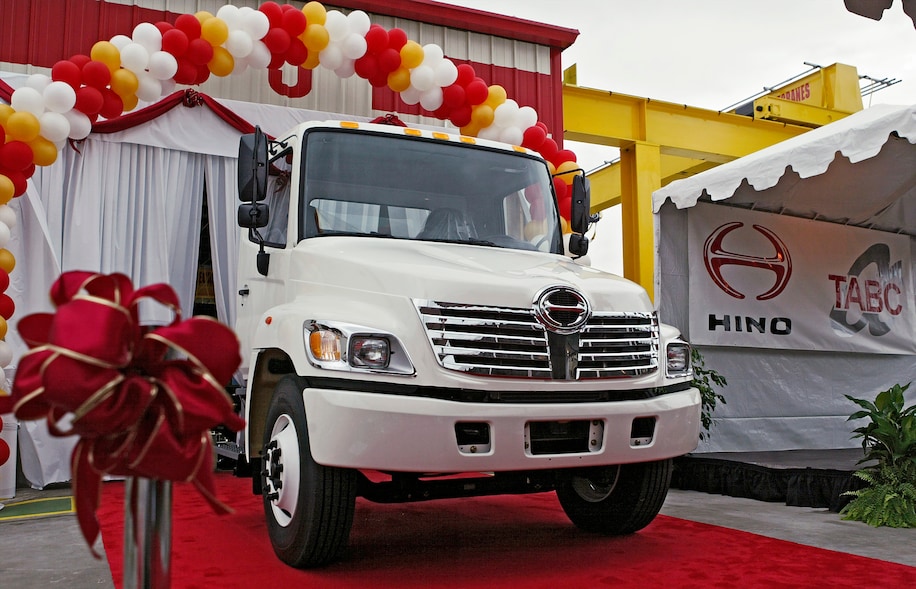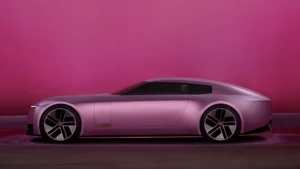Toyota’s heavy-duty trucking unit was fined $1.6 billion on Wednesday over fraudulent emissions testing and other violations.
By Yankis Kamasaki | Jan 17, 2025 at 03:016 a.m. ET Updated | Business
Toyota’s heavy-duty trucking unit has been fined $1.6 billion over what U.S. regulators say were violations related to fraudulent emissions testing and the illicit smuggling of engines into the United States.
The Justice Department and a slew of agencies, including the Environmental Protection Agency, announced the proposed settlement Wednesday against Hino Motors and its U.S. affiliates. The settlement is subject to approval by the U.S. District Court for the Eastern District of Michigan.
“Hino knew the requirements that engines must meet to be certified to operate in the United States, yet it falsified data for years to skirt regulations,” Todd Kim of the Justice Department’s Environment and Natural Resources Division said in a news release Wednesday. “Hino’s actions led to vast amounts of excess air pollution and were an egregious violation of our nation’s environmental, consumer protection and import laws.”
The resolution provides that Hino Motors plead guilty to engaging in what the Justice Department called a “multi-year criminal conspiracy.” That plea agreement requires the company to pay a $521.76 million fine. It will also be prohibited for five years from importing diesel engines it manufactures into the United States and be required to implement compliance and ethics measures. In addition, the company agreed to pay $1.087 billion in civil fines and future payments to private class-action plaintiffs.
As part of the plea agreement, Hino admitted that it submitted false applications for engine certification approvals between 2010 and 2019, according to the Justice Department. The company also altered emission test data, conducted tests improperly and fabricated data without conducting tests. Furthermore, the company submitted false carbon dioxide emissions test data. As a result, the company imported and sold more than 105,000 engines between 2010 and 2022 that did not conform with U.S. standards.
“We deeply apologize for the inconvenience caused to our customers and stakeholders,” Satoshi Ogiso, president and CEO of Hino, said in a statement Wednesday. “In order to prevent a recurrence of this kind of issue, we have implemented company-wide reforms, including meaningful improvements to our internal culture, oversight, and compliance practices.”






Be First to Comment